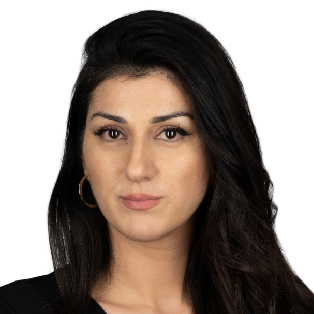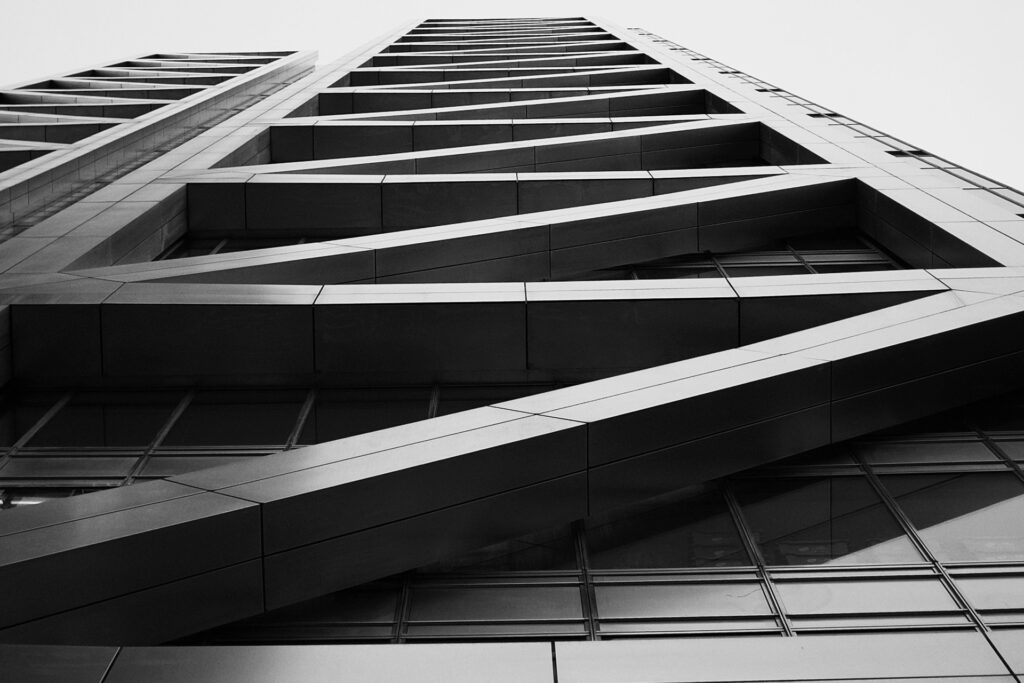I was born in London, but I have always been other.
My parents are Iraqi Kurdish. They fled Kurdistan during the Gulf War and came to London in 1987 after spending a year in Iran. Stripped of the identities and privileges they’d had at home; they started their new lives from scratch. I was a refugee child, and I was Other.
I grew up in a predominantly white neighbourhood, but there were some ethnic minorities too. Back then, you were either white, black, or one of the few that were Asian. All these groups had an ethnic box to tick, a community to feel at home in. However, I was Other.
I had to find a place to fit in, so I gravitated to those that faced similar struggles. I was bullied a few times in school and endured racial slurs which were not meant for me. As strange as it may sound, I was more frustrated that the slurs did not apply to me – that they were simply generic slurs for non-whites and not accurate of my background. It was as if my race was such an insignificant and trivial thing – no one was bothered to find out about my heritage.
However, following 9/11 and the Iraq invasion in 2003, everything changed. Overnight, the world news swiftly brought Iraq into sharp focus and the Middle East was in the mouths of those with sharp tongues. I was called a ‘terrorist’, ‘Taliban supporter’ and jokes were made about being chemically gassed and whether Saddam was hiding in my house. Whilst of course these were and still are vile comments, in a strange way, my warped dream back then was fulfilled. It was the first time people started to take an interest in my background and correctly identified my heritage – but, sadly, I was associated with war, destruction and negativity. The pain this caused daily however, was not seen, it was not spoken about.
In the 1990s, I would come home and see my parents sobbing at the news: more war, more children dead, more bombings and more destruction in parts of the Middle East. I accepted this as a part of life – something which just happens. I’d go to school, and not discuss it, but it impacted me. I will always have that trauma buried deeply within me. So does, I think, every member of an underrepresented group from a traumatised diaspora.
Fast forward to 2020 and the murder of George Floyd, the working world changed. We were all encouraged to discuss what happened, to talk in meetings about how the tragic incident made everyone feel. However, this was not the first time the black community had experienced police violence and racism – it’s just that before now, society shied away from these issues when black people tried to raise them. Instead, they would have to bury their pain and collective suffering deep within them. Although what happened in the United States catapulted companies to create diversity programmes, provide unconscious bias training, attempt inclusive recruitment, and of course have jollof rice competitions – most of us are still asking is this enough? Are things really changing?
The storm has now passed, and the status quo remains/returns. We from underrepresented groups don’t always talk in meetings about what’s happening to our people here and/or ‘back home’. When everyone is silent, our trauma is repressed. We sink it deep down into our bodies and bury what’s happening to our people. We just ‘deal with it’ internally, rarely talking about it.
I don’t go around demanding that people know about Kurds. Still, almost every conversation I’ve had with people about my heritage between primary school and up until a few years ago – has been a lesson in history and geography. The internalised is complex to vocalise, but it has made me want to educate people. When I cannot talk about my background and Kurdistan, I have latched onto any topic involving diversity and inclusion. It’s a way to cope.
With any underrepresented group, I’ve absorbed their culture, made it my own in the best way I can. I’ve attached myself to their struggles – taken them out to try to make sense of it all on a wider scale. It’s why I’m so passionate about diversity and inclusion – it’s the reason, in my view, we should all be passionate about this area.
Diversity and inclusion strategies have become the heart of business culture – but much more still needs to be done: our journey is just beginning.

Delovan Ghafoor
Marketing, communications and inclusive diversity manager
Sompo Canopius

